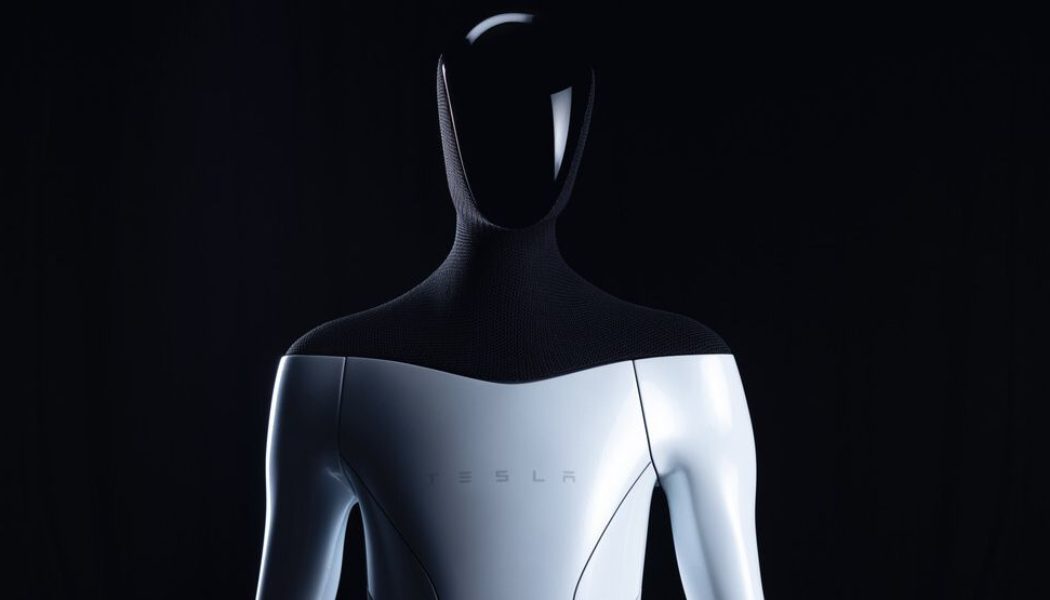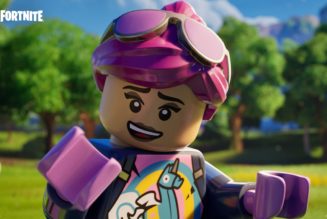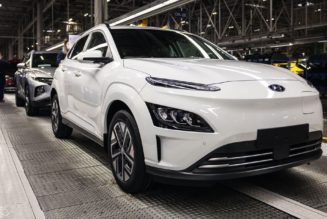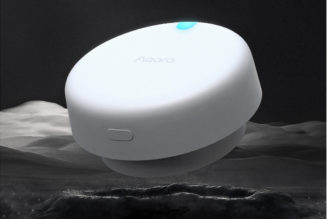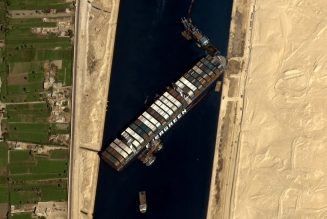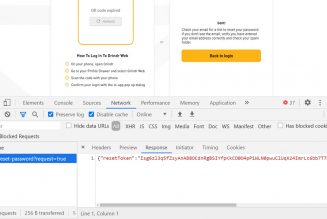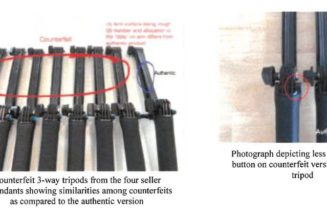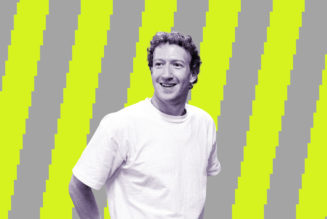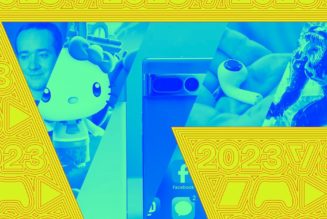
After a dense presentation about the undeniably impressive work Tesla is doing with AI, the company’s self-anointed Technoking, Elon Musk, capped the evening by bringing out a dancer in a spandex suit. Behold, said Musk: my Tesla Bot.
The dancer in the suit, he said, was the model for a new humanoid robot Tesla will produce in the near future. After the dubstep and applause had faded, the vaguest of briefing slides promised that the Tesla Bot will stand five feet, eight inches (1.7m), weigh 125 pounds (56kg), have “human-level hands,” and eliminate “dangerous, repetitive, boring tasks.”
Musk said that building a human-replacement robot — something no company in the world is close to achieving — was a logical step forward from Tesla’s work developing self-driving cars. “Our cars are semi-sentient robots on wheels,” he said. “It kind of makes sense to put that on to a humanoid form. We’re also quite good at sensors and batteries and actuators so we think we’ll probably have a prototype some time next year that basically looks like this.”
Even by Musk’s standards, it was a bizarre and brilliant bit of tomfoolery: a multipurpose sideshow that trolled Tesla skeptics, fed the fans, ginned up the share price, and created some eye-catching headlines. The latter being particularly important in a week when most Tesla news has focused on a federal investigation into a tendency of the company’s Autopilot software to crash into parked emergency vehicles. Forget about all that, says Musk, just look at the person in the spandex suit! Next year, it’ll be a real robot, I promise.
Do you believe him? Should you believe him? I won’t answer that for you, but I want to restate the facts. Elon Musk got up on stage last night and promised that Tesla, a company whose driver assist software is unable to reliably avoid parked ambulances, would soon build a fully functioning humanoid robot. Musk said that the machine would be able to follow human instructions intuitively, responding correctly to commands like “please go to a store and get me the following groceries.” He outlined these scenarios and then said: “Yeah, I think we can do that.” This was minutes after he’d ushered away the best demo of the Tesla Bot available: a dancer in a spandex suit. If nothing else, you have to admire the chutzpah.
To put Musk’s claims in context, remember that Boston Dynamics, a company which makes Atlas, the most advanced bipedal robot in the world, has never described its machines as anything but R&D. Atlas, says Boston Dynamics, is simply a way to push the cutting edge of robotics: it’s not even close to commercial deployment. In recent videos of the machine, the company showed how difficult building a bipedal robot is and how often Atlas trips and falls. It’s also worth noting that Boston Dynamics has been working on Atlas and its bipedal predecessors for more than a decade. Musk thinks he can leapfrog their work in a year.
Carl Berry, a lecturer in robotics engineering at the UK’s University of Central Lancashire, put things to me in less uncertain terms: “[Calling it] horse shit sounds generous, frankly. I’m not saying that he shouldn’t be doing research like this, but it’s the usual overblown hype.” Berry stressed that deploying robotics and AI in manufacturing usually required making the simplest machine possible: not the most complex.
“I’m not saying Tesla researching this stuff isn’t a good thing,” he said, “but between them and companies like Boston Dynamics they leave the public with unrealistic expectations of what robotics is currently capable of or will be for many years.”
I personally don’t doubt that if Musk wants to he can produce something that looks like a Tesla Bot in 2022. It wouldn’t be hard to make a decent automaton — something on the level of Disney’s more advanced theme park models, for example. Once he’s got it to walk out onstage he can even send it to space, just for the headlines. But if he does, it will be just another distraction. Robotics are having a huge effect on manufacturing, no doubt about that, but there’s no need to pretend that machines need to look human to do so.
This sort of bait-and-switch is often how Musk operates. Just think about how his plans for the Hyperloop changed over time. The technology was announced as a railgun-like train system that would move people from Los Angeles to San Francisco in less than half an hour. Over the years, these ambitions have shrunk until the project morphed into The Loop: a small tunnel that you can drive a car through, if you want. (Otherwise known as: a tunnel.)
What the Tesla Bot really reminded me of is Sophia: the mechanical chatbot that’s appeared on chat shows and magazine covers. Sophia relies on misdirection to fool audiences and is a regular target of AI experts’ scorn. But it also has a job to do. As one of the robot’s creators, Ben Goertzel, told me in 2017, Sophia works by priming our imagination, encouraging us to fool ourselves into thinking the future is closer than the evidence suggests. In the process, the robot generates funding and news coverage for its makers.
“If I tell people I’m using probabilistic logic to do reasoning on how best to prune the backward chaining inference trees that arise in our logic engine, they have no idea what I’m talking about,” said Goertzel. “But if I show them a beautiful smiling robot face, then they get the feeling that AGI may indeed be nearby and viable.”
That feeling is what Musk wants to inculcate in his audience, be they investors or otherwise. His twist on the Sophia strategy is that he doesn’t even need a simulacrum of a robot to sell the dream. All he needs is a dancer in a spandex suit. Now that’s innovation.
